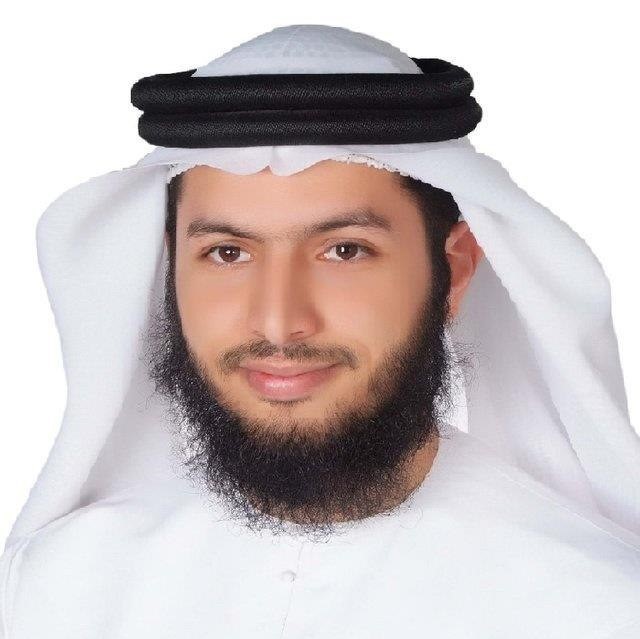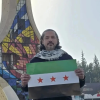“UAE94” detainee Omran Al Harthi detained indefinitely under pretext of “rehabilitation needs”
Timeline
March 30, 2023: The WGAD adopts an Opinion recognising that his detention under the Munasaha regime is arbitrary and violates several provisions of the Universal Declaration of Human Rights.
September 7, 2022: MENA Rights Group and the Emirates Detainees Advocacy Center seize the Working Group on Arbitrary Detention (WGAD).
August 18, 2022: Together with the Emirates Detainees Advocacy Center, MENA Rights Group requests the intervention of the Special Rapporteur on the situation of human rights defenders and the Special Rapporteur on counter-terrorism and human rights to urge Emirati authorities to release him unconditionally.
April 15, 2021: MENA Rights Group refers case to the Secretary-General on intimidation and reprisals for cooperation with the UN in the field of human rights.
March 9, 2021: MENA Rights Group submits his case to the Working Group on Arbitrary Detention.
March 2020: Visits to Al Razeen prison are banned due to the COVID-19 pandemic.
July 2019: Al Harthi finishes his seven-year prison sentence. However, on the pretext of “rehabilitation needs”, he is currently still held at Al Razeen prison under the “counselling” regime established by the Munasaha Centre Law.
July 2, 2013: Al Harthi is sentenced to seven years’ imprisonment.
March 4, 2013: Al Harthi’s trial before the State Security Chamber within the Federal Supreme Court in Abu Dhabi begins. At the first session, he is informed of the vague charges brought against him; all the “UAE94” defendants were accused of founding an organisation aimed at overthrowing the government, a charge they all denied.
July 16, 2012: Al Harthi is arrested at his workplace by State security forces. Subsequently, he is held in solitary confinement in a secret location for eight months, where he is subjected to torture and ill-treatment.






